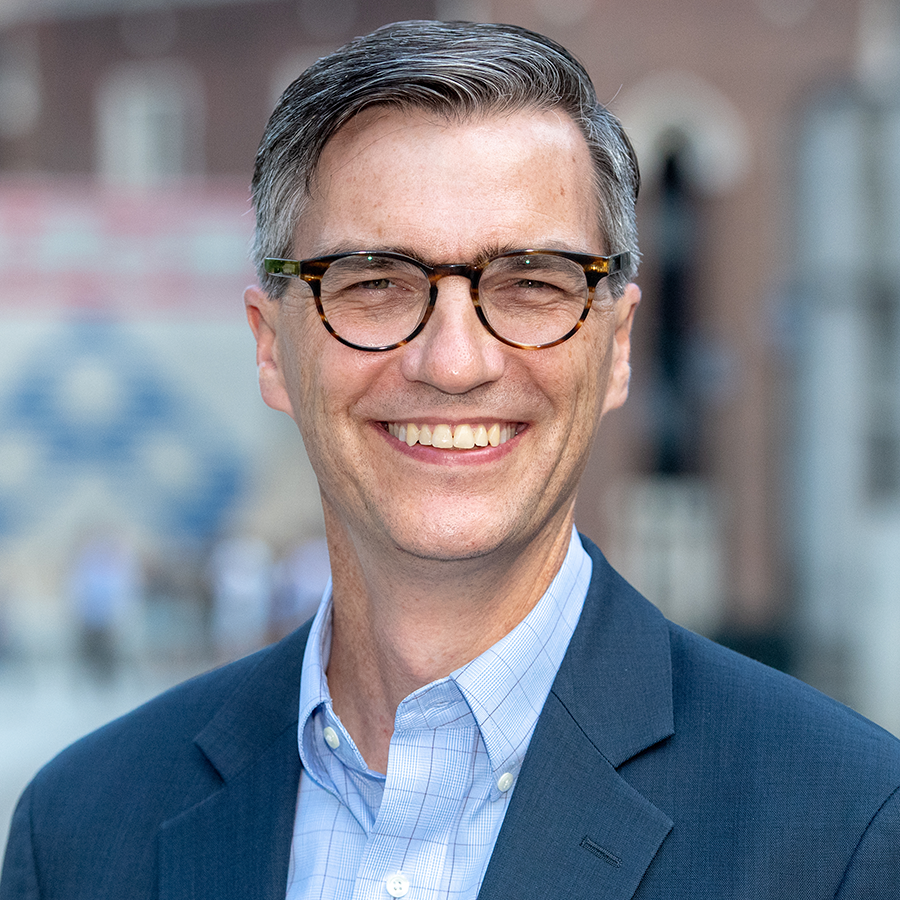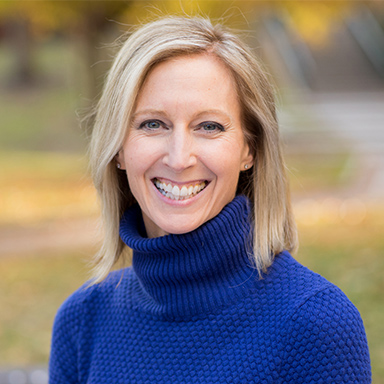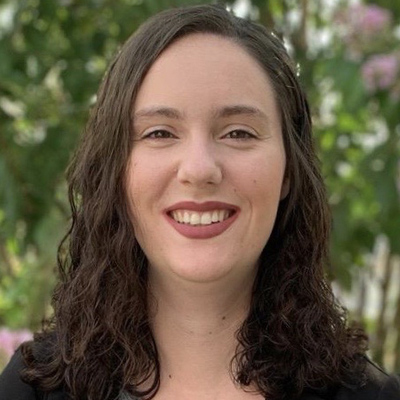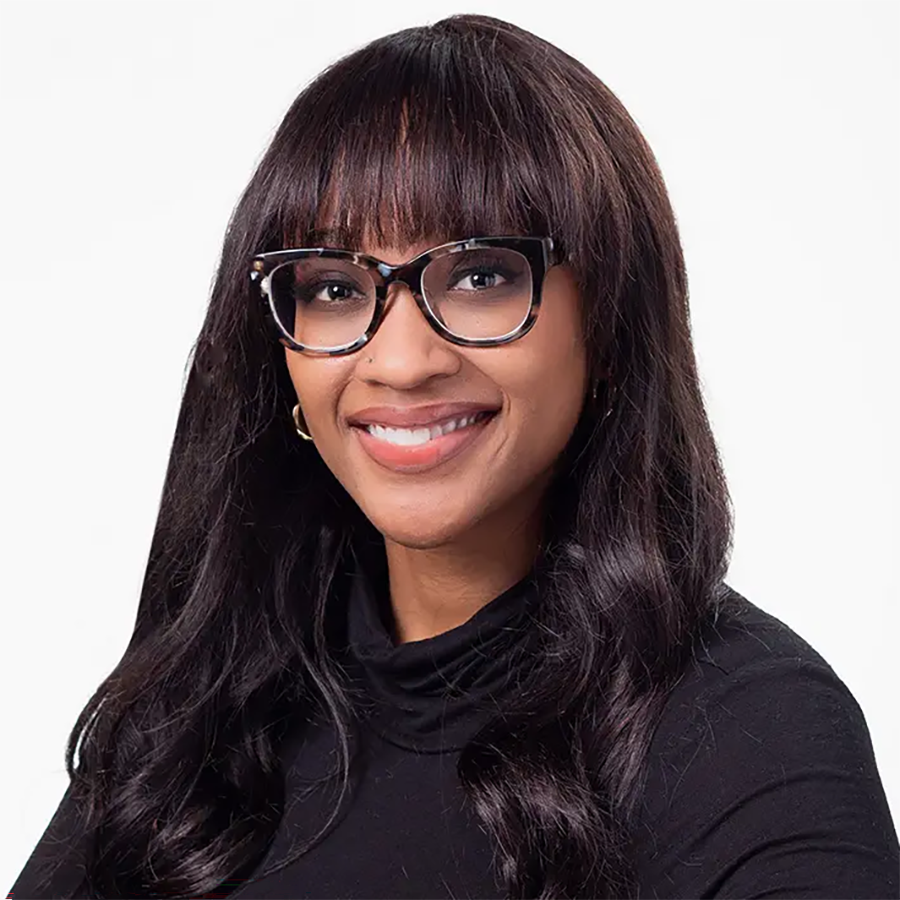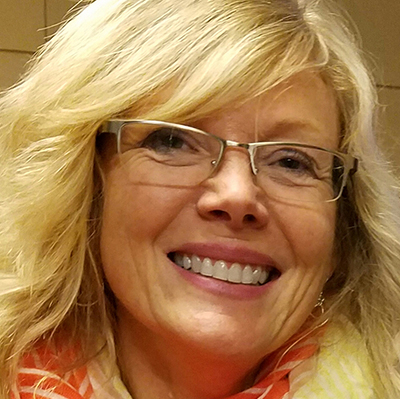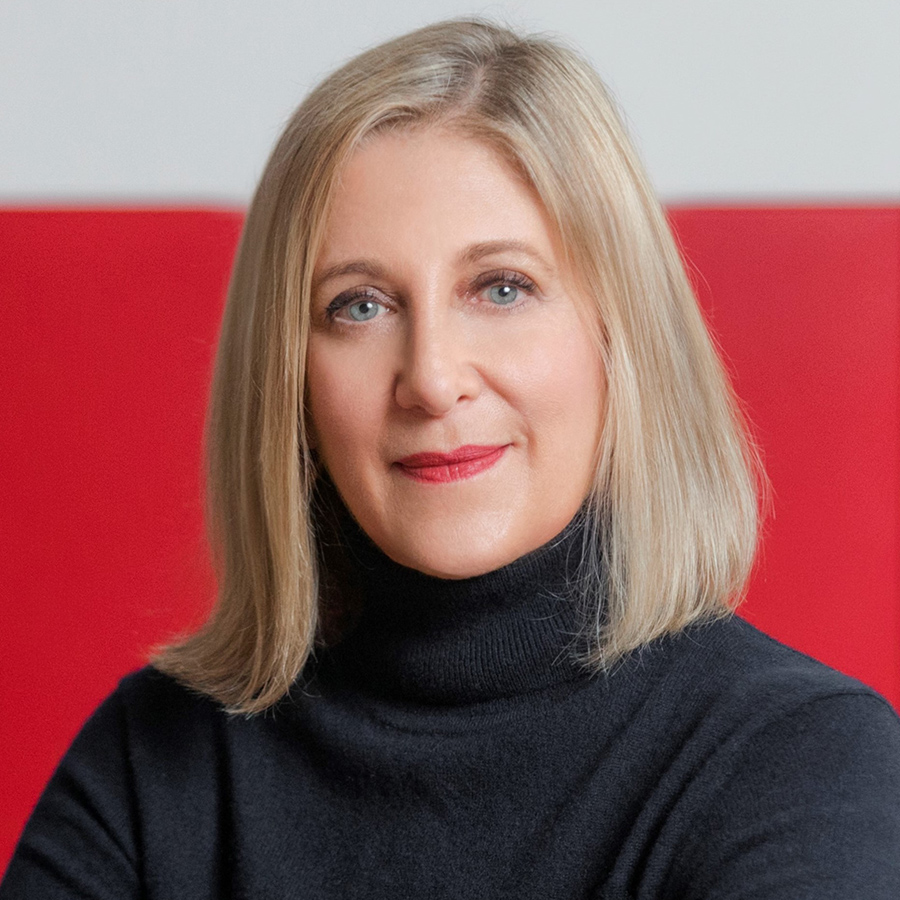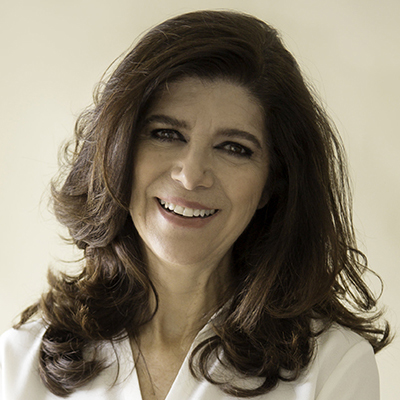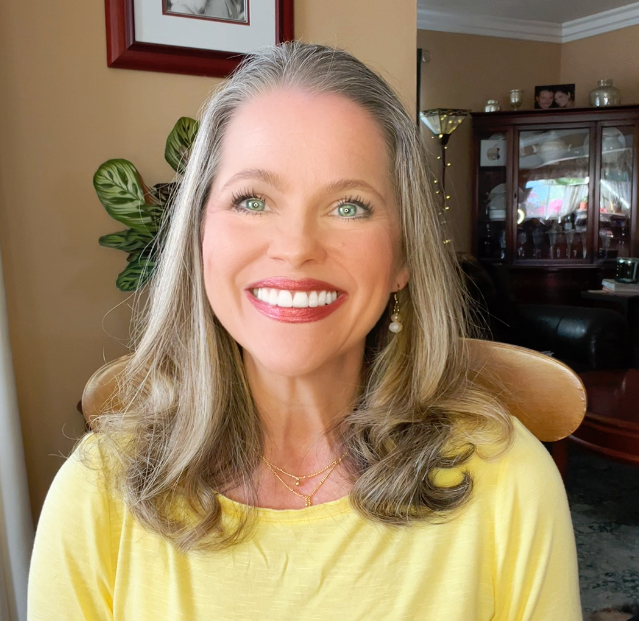About the Applied Positive Psychology course block
Applied positive psychology is a discipline that examines the intersections of body, brain, culture, and science to develop tools and practices that enhance human flourishing and well-being. This course block introduces you to the field of positive psychology and explores tools and strategies that support personal, organizational, and community well-being. The courses teach you the theoretical and empirical foundations of human flourishing, how well-being is measured, and what activities increase human flourishing in various contexts and settings.
Bachelor of Applied Arts and Sciences degree courses in the Applied Positive Psychology course block are offered on an accelerated (8-week) schedule. Courses in the block are largely asynchronous with some optional synchronous sessions to be scheduled by the instructors.
All Penn LPS Online courses offer academic credit.*
Please note: Students who complete four of the courses in this course block while enrolled in the Bachelor of Applied Arts and Sciences (BAAS) degree are awarded a Certificate in Applied Positive Psychology upon completion of the degree. If you are enrolled in the BAAS program and don't complete degree the requirements to graduate, you are not eligible to receive this certificate.
*Academic credit is defined by the University of Pennsylvania as a course unit (c.u.). A course unit (c.u.) is a general measure of academic work over a period of time, typically a term (semester or summer). A c.u. (or a fraction of a c.u.) represents different types of academic work across different types of academic programs and is the basic unit of progress toward a degree. One c.u. is usually converted to a four-semester-hour course.
The Applied Positive Psychology course block prepares you to:
- Learn the historical and empirical foundations of positive psychology and the science of well-being
- Explore key research themes (e.g., positive emotions, strengths, engagement, relationships, meaning, and accomplishment) and their relevance in personal and organizational settings
- Apply research in positive psychology by practicing strategies that influence well-being
- Investigate applications of positive psychology in different professional settings including business, education, healthcare, and the nonprofit sector
- Learn the basics of research, measurement, and evaluation in positive psychology
Courses
It is strongly recommended that students taking courses in the Applied Positive Psychology course block first complete APOP 1000: Introduction to Positive Psychology.
- APOP 1000: Introduction to Positive Psychology
- APOP 1200: Human Flourishing: Strengths and Resilience
- APOP 2000: Positive Psychology at Work
- APOP 2200: Flourishing with Others: Building Thriving Relationships
- APOP 2700: Flourishing and Well-Being in Resilient Communities
- APOP 2900: Measuring What Moves Us: The Science Behind Human Flourishing
- APOP 3400: Flourishing through Creativity and the Arts
Courses are subject to change.
